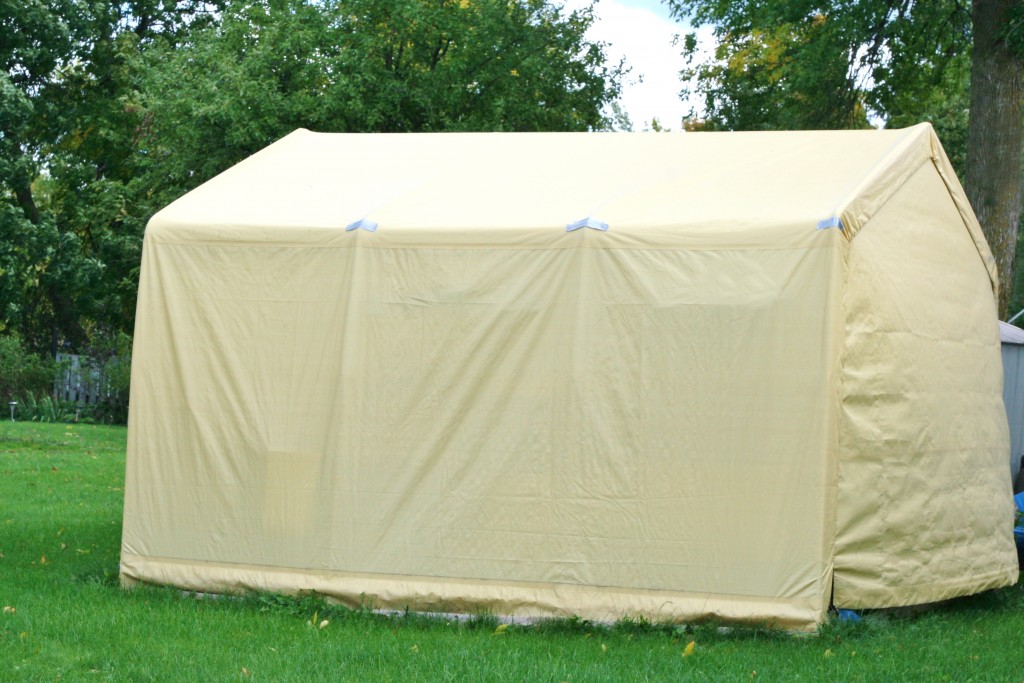Brexit may have contributed to more transactions in the UK’s student accommodation sector, as investments would reach £5.3 billion by the end of 2017, according to a Savills analysis.
A weaker pound after the referendum vote partly drove an increase in investor activity. Also, portfolios have provided superior investment returns this year. Savills expects the amount of capital to be 17 per cent higher than the previous year.
Student housing
The analysis noted that £2.1 billion of transactions, including student accommodation in central London, occurred post-Brexit compared to £1.9 billion in early 2016. The increasing demand, however, has already surpassed the available supply of properties. This could likely lead to price hikes depending on where you intend to buy student homes.
Real estate investment firm Mistoria Group supports the Savills analysis. For instance, the company noticed that investments in the North West increased 38 per cent year over year. Turkish investors accounted for the biggest share at 20 per cent, while those from the United Arab Emirates and Hong Kong represented 9 per cent and 5 per cent, respectively.
Affordable and expensive cities
Landlords may benefit from more transactions in the student housing sector, yet it also pays to know which city requires more or less of your money. For students and other tenants, London remained as the most expensive city in the country for student housing.
You should expect to pay £730 on average on monthly rents in the capital. However, the demand for properties spurred competition that many have offered affordable rates to lure more customers. If you still look for cheaper properties, those in Bradford only require you to pay £229 on average rents per month.
Investments in UK student housing could be a lucrative option amid the high demand. On the other hand, students should be aware London might be more or less expensive depending on where they plan to rent properties.





